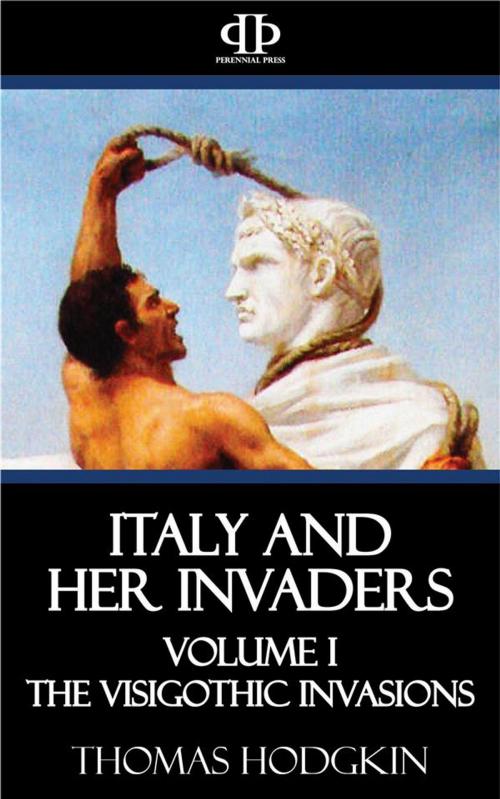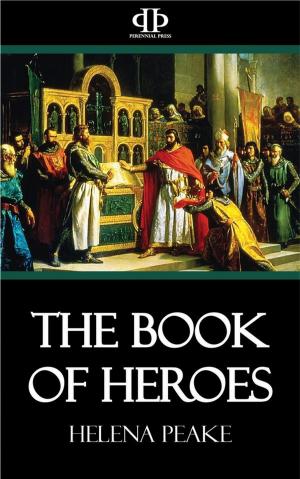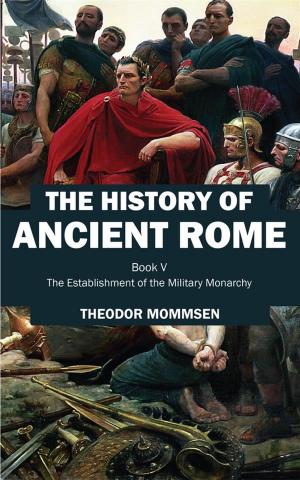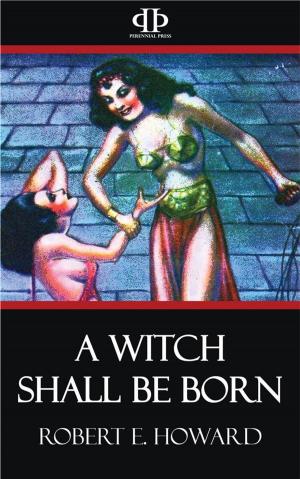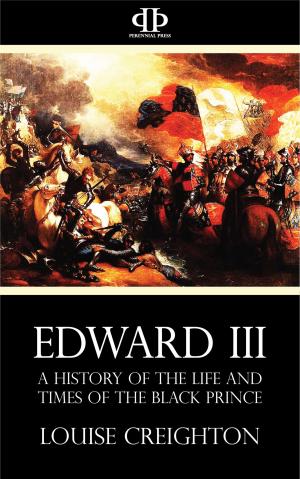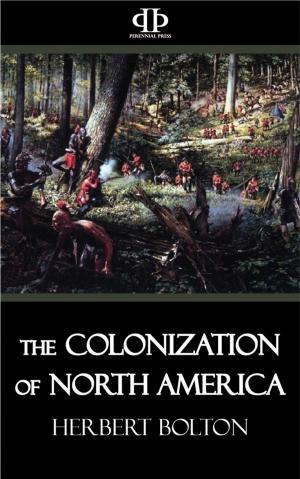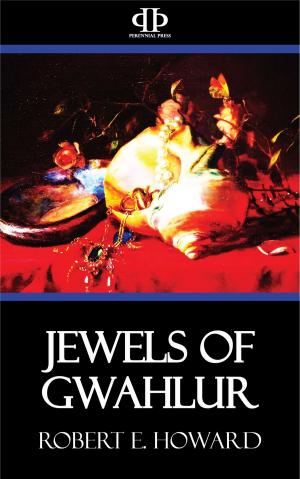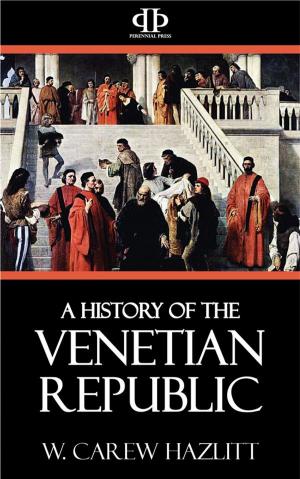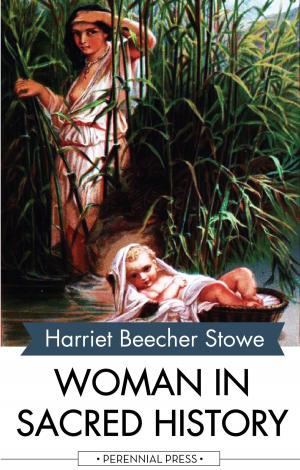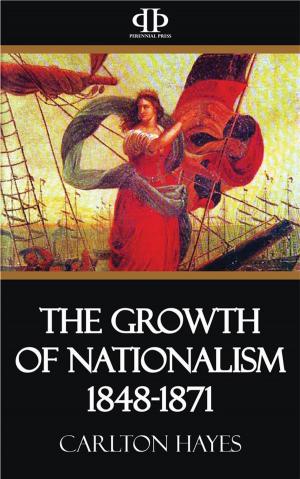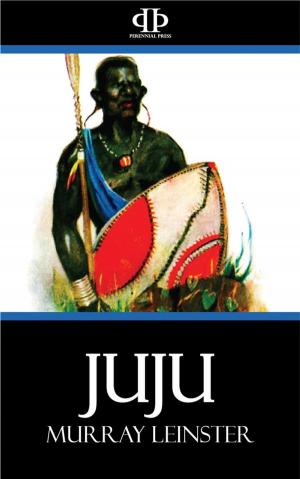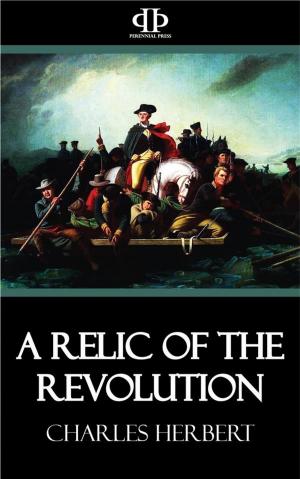Italy and Her Invaders
Volume I - The Visigothic Invasions
Nonfiction, History, Ancient History, Rome| Author: | Thomas Hodgkin | ISBN: | 9781531205973 |
| Publisher: | Perennial Press | Publication: | February 13, 2016 |
| Imprint: | Language: | English |
| Author: | Thomas Hodgkin |
| ISBN: | 9781531205973 |
| Publisher: | Perennial Press |
| Publication: | February 13, 2016 |
| Imprint: | |
| Language: | English |
The object of this history is to trace some of the changes by which classical Italy, the kernel of the Roman Empire, the center of government and law for the Western world, became that Italy of the Middle Ages, whose life was as rich in intellectual and artistic culture as it was poor in national cohesion and enduring political strength.
To some other historian will belong the delight of telling worthily in the English language the story of those wonderful Italian Commonwealths, which nurtured and diffused the sacred flame of civilization, while England, France, and Germany were yet dreaming the dreams of barbarism. Other English scholars are even now relating the history of that succeeding age, so perplexing in its alternate appeals to our admiration and our abhorrence, during which Italy, still in the van of European nations, was passing from the mediaeval into the modern phase of thought and manners, the Age of the Renaissance. But my business is at the other, and to most readers the much less interesting, end of her history. I have to deal with the period of fading light and increasing obscurity during which the familiar Italy of the Classics slowly assumes the character which we term Medieval.
Italy is the country with which our interests will be permanently bound up, and other nations are mentioned only in so far as they directly or indirectly influenced her destinies. But I must warn the reader that this limitation will often be found to be of the most elastic nature. Every wandering tribe which crossed the Alps, eager to pierce its way to the discrowned capital of the world, contributed something to the great experiment of the making of the new Italy, and the previous history of that tribe, whether it dwelt in Lithuanian steppes or wasted Chinese provinces, is therefore within the scope of our enquiry, which proposes to deal not only with Italy but also with her invaders...
The object of this history is to trace some of the changes by which classical Italy, the kernel of the Roman Empire, the center of government and law for the Western world, became that Italy of the Middle Ages, whose life was as rich in intellectual and artistic culture as it was poor in national cohesion and enduring political strength.
To some other historian will belong the delight of telling worthily in the English language the story of those wonderful Italian Commonwealths, which nurtured and diffused the sacred flame of civilization, while England, France, and Germany were yet dreaming the dreams of barbarism. Other English scholars are even now relating the history of that succeeding age, so perplexing in its alternate appeals to our admiration and our abhorrence, during which Italy, still in the van of European nations, was passing from the mediaeval into the modern phase of thought and manners, the Age of the Renaissance. But my business is at the other, and to most readers the much less interesting, end of her history. I have to deal with the period of fading light and increasing obscurity during which the familiar Italy of the Classics slowly assumes the character which we term Medieval.
Italy is the country with which our interests will be permanently bound up, and other nations are mentioned only in so far as they directly or indirectly influenced her destinies. But I must warn the reader that this limitation will often be found to be of the most elastic nature. Every wandering tribe which crossed the Alps, eager to pierce its way to the discrowned capital of the world, contributed something to the great experiment of the making of the new Italy, and the previous history of that tribe, whether it dwelt in Lithuanian steppes or wasted Chinese provinces, is therefore within the scope of our enquiry, which proposes to deal not only with Italy but also with her invaders...
